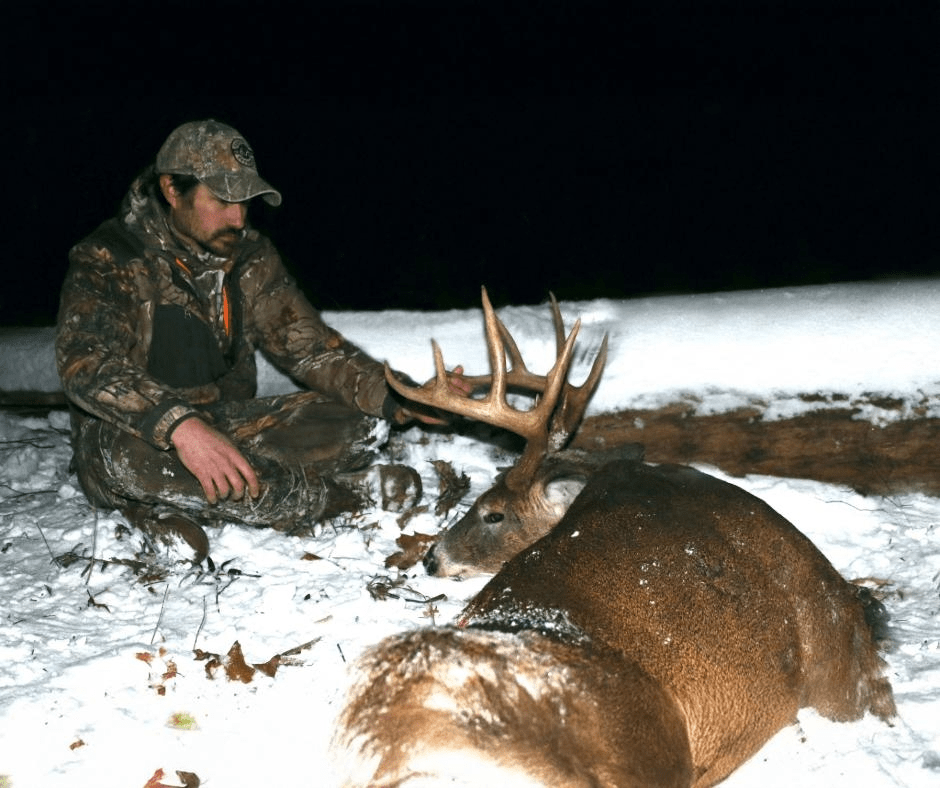10 things that good hunters offer as lessees.
Hunting leases are great for landowners and hunters alike. This form of compensated access provides hunting land for outdoorsmen and passive income for landowners. But the most successful lease agreements revolve around great relationships. Of course, that’s impacted by both sides. So, what makes a good lessee for their landowner? The 10 following points are just a few of many to consider.
- Knowledge of Rights
Every lessee should know their rights. Knowledge of rights helps understand what you’re entitled to, what the landowner is entitled to, and how best to ensure everyone benefits from the leasing arrangement. Studying the state hunting laws, contract details, and more, comprises the foundation of a good experience.
- Proper Communication
Communicate effectively with your landowner. This helps keep each party informed. The landowner should tell the hunter of any work or potential disruptions going on at the property. The hunter should notify the landowner of important dates they’ll be hunting, and therefore, the timeframes certain interruptions would be especially untimely. Of course, express utmost communication for other things, too.

- Respectful Interactions
All hunter-landowner interactions should be respectful. Treat landowners with kindness, and they’ll virtually always return the same. Keep all discussions and communications appropriate and civil. Even amidst difficult situations, never allow emotion to provoke you to react poorly. If necessary, take the high road.
- Consistent Payment
Don’t lease what you can’t afford. Only lease properties that fit within your budget. Then, make the lease payment on time. If you decide to renew, make a timely payment. Funding the lease in a consistent manner is part of being a good lessee.
- Following of Stipulated Rules in the Lease Agreement
Many contracts include the same guidelines. That said, in some instances, additional clauses and stipulations are included. Examples include no food plots, no ATV use, etc. Of course, follow stipulated rules within the lease agreement. The landowners require these for important reasons.
- Abiding by Game Laws and Regulations
Without question, hunters must be ethical and legal. Hunters must follow all state and local game laws. Hunting regulations are in place to protect wildlife, hunters, and more. Abiding by these is part of being a good, ethical hunter. It’s also crucial for being a good lessee.
- Respecting the Flora and Fauna
Good hunters respect flora and fauna. They respect the landscape, and those who own it. Respecting wildlife is a must-have characteristic for lessees. Fail to check that box, and nothing else really matters. Hunters do what’s right for wild animals and the wild places they live in.
- Avoiding Property Damage
Good lessees do their best to avoid property damage. Avoiding damage to the land isn’t just a courtesy, but a requirement. Don’t cut down trees for shooting lanes. Rather, trim limbs (as permitted). Don’t rut up fields and trails. Instead, use ATVs, UTVs, and other vehicles in a respectful manner. Avoid wet ground, and use four-wheel drive to prevent spinning tires.
- Proactive Property Maintenance
It isn’t the lessees job to keep up a property they lease for hunting. That said, if it’s directly related to the hunter’s gear, or their activities on the property, they should amend their mistakes. For example, retrieve hub-style blinds that blow out into fields, re-strap treestands so they don’t girdle trees, etc. Complete proactive property maintenance.
- Keeping an Eye on the Property
Finally, good lessees keep an eye on the property they lease. They watch for livestock getting out of fences, damages to various property elements, potential trespassing issues, and more. They help keep watch over the land they lease.
If you can follow the above checkpoints, consider yourself the ideal lessee for a lucky landowner. Create an account with Base Camp Leasing (https://huntingleases.basecampleasing.com/hunter-landing-page/), find the perfect lease, and enjoy a fantastic year of hunting.

Leave A Comment